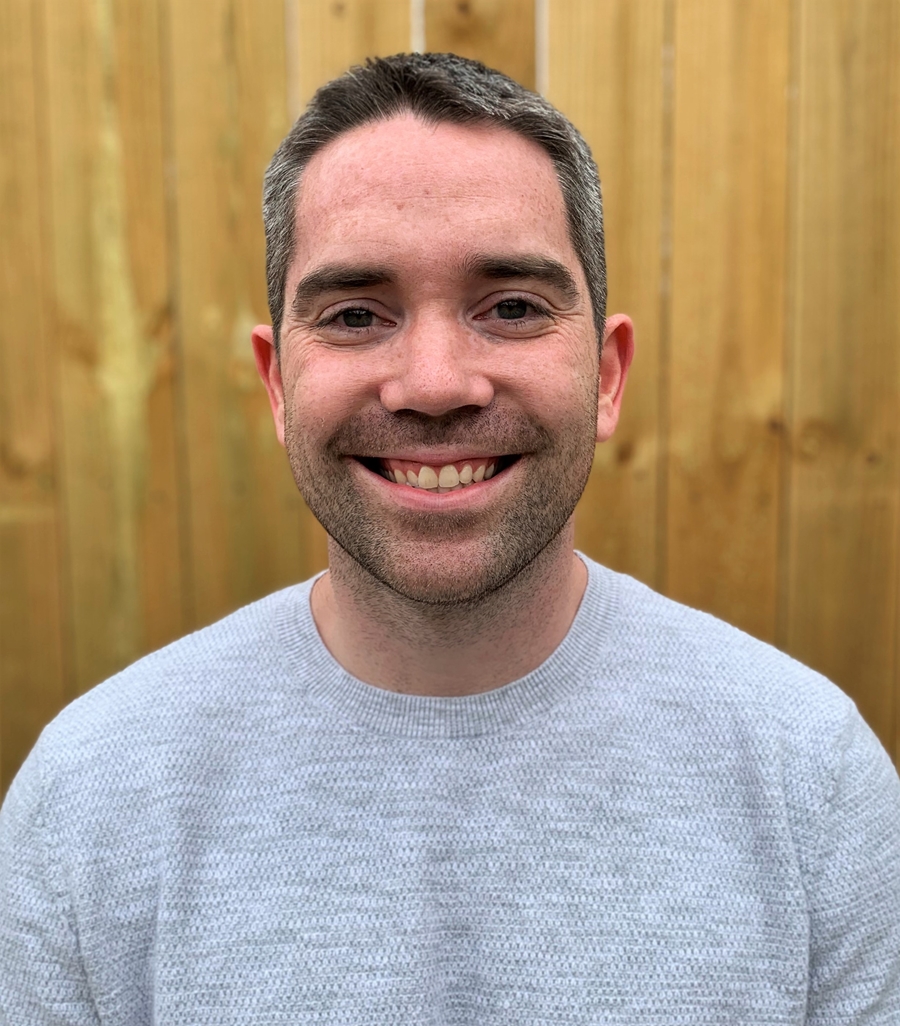Growing up, the central message Eric Schisler received about sexual violence was simply, "Don't be a perpetrator."
While working at a women's shelter in Cortland, New York, he realized the message should expand to include prevention and intervention.
"Bystander intervention helps shift this conversation from 'As long as you aren't doing this you can forget about it' to 'It's everyone's responsibility to keep those around them safe,'" he said. "Sexual violence is something no one should ever have to be subjected to, and I believe we all should be held responsible for keeping each other safe."
Schisler wanted to help lead that shift, so he decided to seek a Ph.D. in Health, Sport and Exercise Science at the U of A, where he could work with professor Page Dobbs in the College of Education and Health Professions. His degree concentration is in health behavior and promotion.
"Dr. Dobbs had an enormous influence on my career path, and I knew working with her would help me achieve my goals," he said.
Schisler is also a graduate assistant in the U of A Department of Health, Human Performance and Recreation and teaches Introduction to Human Sexuality.
In the fall, he presented his research about sexual assault bystander interventions to college-age men at the American Public Health Association conference. Schisler's research indicates that many people, especially the college males he's interviewed, don't intervene if they think their help may not be wanted or needed.
"I hope to turn that around and help people realize it's better to ask people if they're OK rather than assume they should butt out," he said.
Schisler has a degree in physical education from State University of New York College at Cortland. After taking a year off to work as a substitute teacher and a direct support professional at The Anderson Center for Autism, he returned to SUNY Cortland to earn a master's degree in community health. He plans to complete his doctorate at the U of A in May 2024.
Schisler would like to work at a teaching college next.
"I have always loved teaching, and teaching at the college level has been amazing," he said. "I also hope to travel internationally and work with vulnerable populations."
While at SUNY Cortland, Schisler traveled abroad, collecting data and working with other public health professionals.
"People all over the world suffer from public health issues, and any help I can provide will be worthwhile," he said.
This story is the latest in a series called the Dean's Spotlight, featuring outstanding students in the College of Education and Health Professions. Visit COEHP's online magazine, the Colleague for more news from the six units that make up the College. Visit the Health, Human Performance and Recreation page for more information on COEHP's health promotion programs.
Topics
Contacts
Shannon G. Magsam, director of communications
College of Education and Health Professions
479-575-3138, magsam@uark.edu
